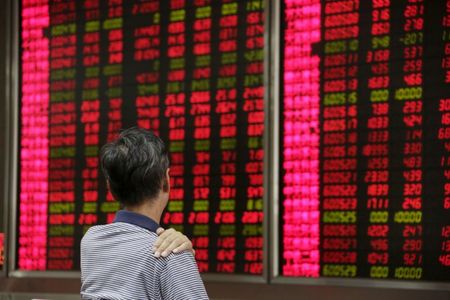The stock market was getting tripped over peak growth concerns amid disappointing earnings news from Amazon (AMZN) and discouraging headlines about the Delta variant.
Amazon is down 7.50% after missing revenue estimates and issuing downside Q3 revenue guidance, as the company respectively discussed people spending less time at home and facing tough yr/yr comparisons. The S&P 500 consumer discretionary sector (-2.2%), which is home to AMZN, leads the market in losses with a 2% decline.
Other cyclical sectors like energy (-1.8%), financials (-0.5%), and industrials (-0.3%) were also trading lower along with the top-weighted information technology sector (-0.2%). Conversely, the defensive-oriented real estate (+0.7%), health care (+0.4%), and consumer staples (+0.3%) sectors were trading higher.
It’s true that people were spending less time at home as Amazon discussed, and they were likely spending more of their money elsewhere since personal spending increased 1.0% m/m in June (consensus +0.7%), which was better than expected.
The concern, though, is that the spread of the Delta variant will temper social activity and slow down the broader recovery effort. Reports have discussed companies delaying their return-to-office plans as well as highlighting an internal document from CDC that suggests the variant spreads as easily as chickenpox.
Separately, some might argue that because the index losses are relatively modest, helped in part by relative strength in defensive-oriented stocks, that the market is simply in consolidation mode near record highs.
In other earnings news, Procter & Gamble (PG), Caterpillar (CAT), Chevron (CVX), T-Mobile US (TMUS), and Exxon Mobil (XOM) traded mixed following their better-than-expected reports.
The 10-yr yield was down four basis points to 1.23%, as investors side by the peak growth narrative and less the better-than-feared PCE price inflation data.





